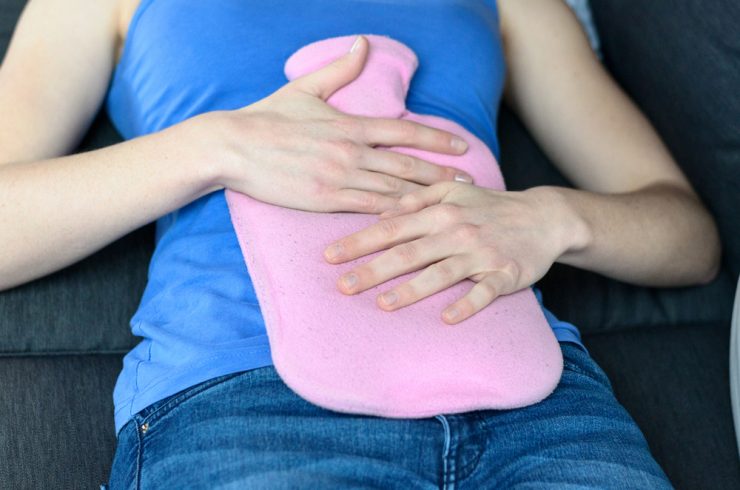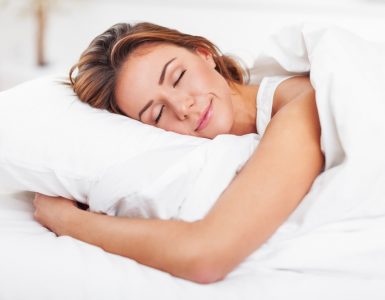Pre-menstrual syndrome (PMS) affects most women at some point.
Medical herbalist Gabriella Clarke provides advice on what you can do to help to lessen the symptoms.
As many as 90% of women suffer from PMS every month and almost half of these say it’s severe enough to interfere with their daily life. Typical symptoms include headaches, period pains, feeling bloated, mood swings, as well as anxiety and restlessness.
The cause is thought to be linked to the changing levels of hormones in the body during a woman’s menstrual cycle. And sadly there is no definitive cure, but there are some lifestyle changes as well as herbal remedies that can help to lessen the symptoms.
Agnus Castus has powerful hormone-regulating powers as shown by two large surveys in Germany. Studies were carried out on more than a thousand women suffering from PMS over a period of 23 weeks. In 90% of cases, symptoms such as headaches, sore breasts, mood swings, anxiety and restlessness started to improve after three to four weeks of taking a course of agnus castus.
It is thought to work by prompting the pituitary gland into sending a signal to the ovaries to balance the body’s natural oestrogen-progesterone ratio. This in turn helps to relieve some of the familiar symptoms of PMS such as irritability, depression, breast pain and bloating, which are thought to be triggered by an imbalance of these hormones.
Take Agnus Castus for at least three months for optimum benefits, though symptoms may start to improve after as little as 10 days. You should avoid taking it if you are pregnant, breastfeeding or on the contraceptive pill.
Research shows that evening primrose can help treat menstrual problems such as PMS and stomach cramps. The reason? Its seed oil contains gamma linolenic acid (GLA) – an essential fatty acid that the body converts into hormone-like compounds called prostaglandins, which regulate a number of bodily functions.
The GLA in evening primrose oil is converted directly into anti-inflammatory prostaglandins, which help to block menstrual cramps. Evening primrose may also help to relieve the breast tenderness that many women feel just before their period starts.
Many women report that taking St John’s wort (indicated for low mood) can help to relieve these types of PMS symptoms.
LIFESTYLE CHANGES
- Keep a symptom diary over a few months and see if there is a pattern to how you feel. You can then schedule things better in the future for specific times according to the level of your symptoms
- Watch your weight – the more overweight you are, the more likely you are to suffer with PMS
- Stress can be a factor so find ways to relax: taking up yoga or meditation may help
- Regular exercise can help to lift your mood and also gets the oxygen flowing
- Ginger tea made by grating some fresh ginger root into a cup of boiled water can help to ease menstrual cramps; sweeten with natural honey if required and sip at regular intervals
For more information visit NAPS (National Association for Premenstrual Syndrome)























